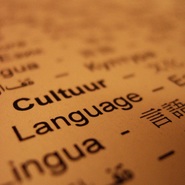Migration, mobility, and refugees
Today the notion of “geographic mobility” encompasses a wide range of phenomena, including the forced migration of refugees, or the repeated mobility of highly skilled workers and their families. Contemporary forms of mobility are linked to social, political and economic forces, which create the conditions of living for the person, a family or a community. We develop a sociocultural model of mobility that takes these two aspects into account. In particular, we attempt to consider experiences of ruptures experienced by people as well as dynamics of transition, (re)construction of meaning, learning and development which are either facilitated or hindered by mobility. We are currently working on issues related to asylum seekers and mental health, education in refugee camps, life trajectories of people in the process of becoming naturalized citizens, and, in the framework of the “NCCR On the Move,” families with repeated mobility.
List of projects
Across the lifecourse
Childhood
- L'éducation dans des espaces d'exception. Les usages de l'école dans les camps de réfugiés congolais (Rwanda-Tanzanie)
- MoChiS: Mobile children in schools
Adulthood
- Socio-cultural manifestations of PTSD among asylum seekers and refugees: where is the trauma?
- Immigrant’s trajectories of integration, between indeterminate (legislative) criteria and uncertain lifecourses: Analysis of legal cases
- Small Localities at the Outskirts of Europe: Transnational Mobilities, Diversification and Multi-Scalar Place-Making



